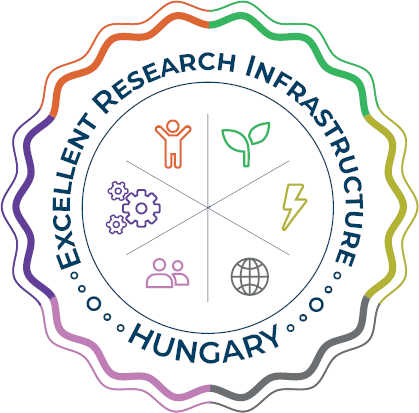
István FODOR, PhD
As a member of the Ecophysiological and Environmental Toxicological Research Group, my main scientific interest revolves around the investigation of the neuro- and neuroendocrine systems of the great pond snail (Lymnaea stagnalis).
Integrating different biological levels, I focus on the following topics:
- functional and evolutionary characterization of the neuroendocrine and reproductive systems of molluscs (e.g., sex steroidogenesis, sex steroid receptors)
- investigation of different neuropeptides (e.g., GnRH) and small-molecule neurotransmitters (e.g., 5-HT)
- investigation of mechanisms underlying learning and memory consolidation
- investigation of cellular- and molecular mechanisms underlying ageing, age-related memory impairment, and neurodegenerative diseases
I do my investigations with an integrative "top-down" approach using modern multidisciplinary methods (behaviour tests, LC-MS, IHC, WB, PCR, in situ hybridization, ligand-receptor assays, and nucleotide sequencing).
Major awards, scholarships:
- Flerkó-Bárdos Award (2023)
- Stephen W. Kuffler Research Scholarship (2022)
- László János Doctoral Scholarship (2021)
- Scholarship for National Young Talents (2021)
- Cooperative Doctoral Programme for Doctoral Scholarships (2020)
- New National Excellence Program (2020)
- VEAB Outstanding young researchers of the year” (Hungarian Academy of Sciences, 2020)
Collaborators:
- Joris M Koene (Vrije Universiteit, Amsterdam, the Netherlands)
- Pei-San Tsai (Colorado University, Boulder, USA)
- Péter Urbán, Bence Gálik, Bence Kiss, Antal Tapodi, János Schmidt (University of Pécs, Pécs, Hungary)
- George Kemenes, Ildikó Kemenes, Paul R Benjamin (University of Sussex, Brighton, UK)
- Alexander P Scott (CEFAS, Weymouth, UK)
- Honoo Satake, Tomohiro Osugi, Shin Matsubara (Suntory Foundation for Life Sciences, Seika, Japan)



